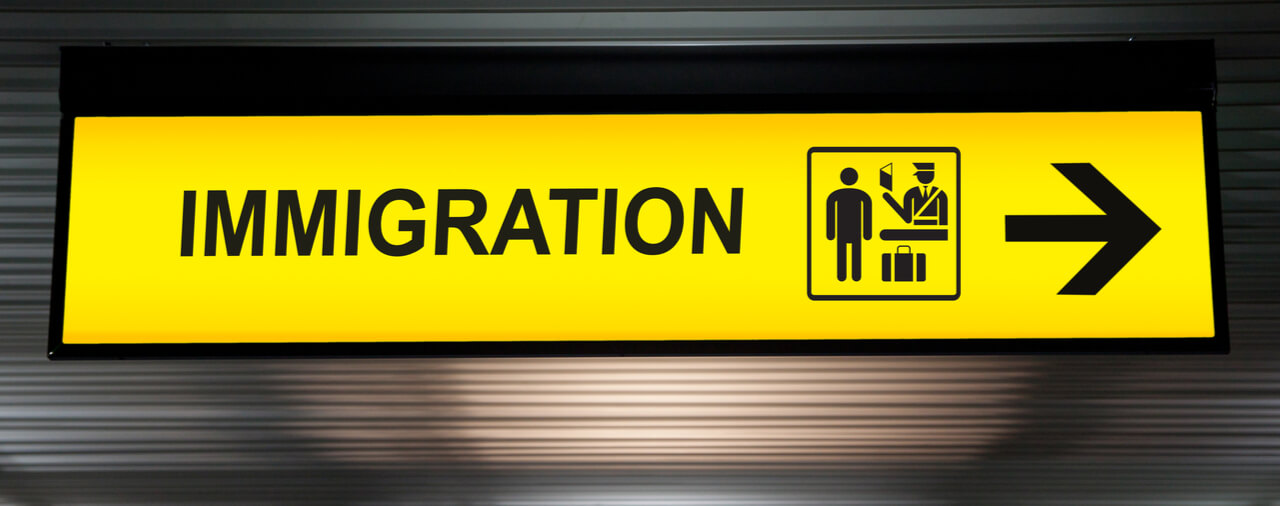Immigration Relief for those Affected by Unforeseen Circumstances (such as flooding in Louisiana)

The United States Citizenship and Immigration Services (USCIS) offers certain immigration relief measures to people affected by unforeseen circumstances. The USCIS put out a news release on August 19, 2016, using the recent severe storms and flooding in Louisiana as an example [link].
The following forms of relief may be available upon request to the USCIS:
Change of nonimmigrant status [see article] or extension of nonimmigrant stay for an applicant currently in the United States, even if he or she files the request after his or her authorized period of admission has expired;
Re-parole of a previously granted parole [see article] by USCIS;
Expedited processing of advance parole requests;
Expedited adjudication of requests for off-campus employment authorization for F1 students who are experiencing severe economic hardship [see article];
Expedited adjudication of employment authorization applications;
Consideration of form fee waivers (Form I-912 or written request) for those who lack the ability to pay;
Assistance for applicants who received a Request for Evidence (RFE) or a Notice of Intent to Deny (NOID), but who were unable to appear for an interview, submit evidence, or respond to the RFE or NOID in a timely manner;
Replacement of lost or damaged travel documents issued by the USCIS; or
Rescheduling of a required biometrics appointment.
It is important to note that these forms of immigration relief are for people who were actually affected by unforeseen circumstances. Therefore, a person making a request for relief to the USCIS should explain how the unforeseen circumstances caused the situation for which he or she needs relief. For example, if a person lost his or her travel documents in the flooding in Baton Rouge, he or she should specify the circumstances in making a request to the USCIS for replacement documents. If an applicant from Baton Rouge is unable to appear for an interview because of the severe flooding, he or she must specify how the flooding rendered him or her unable to appear for the interview. The same applies for any of the other benefits on the above list.
For more information, an applicant may call the USCIS at 800-375-5283 (or TDD for the death or hard of hearing at 800-767-1833). An applicant for any of these benefits may also be well advised to consult with an experienced immigration attorney for expert guidance on his or her specific situation.